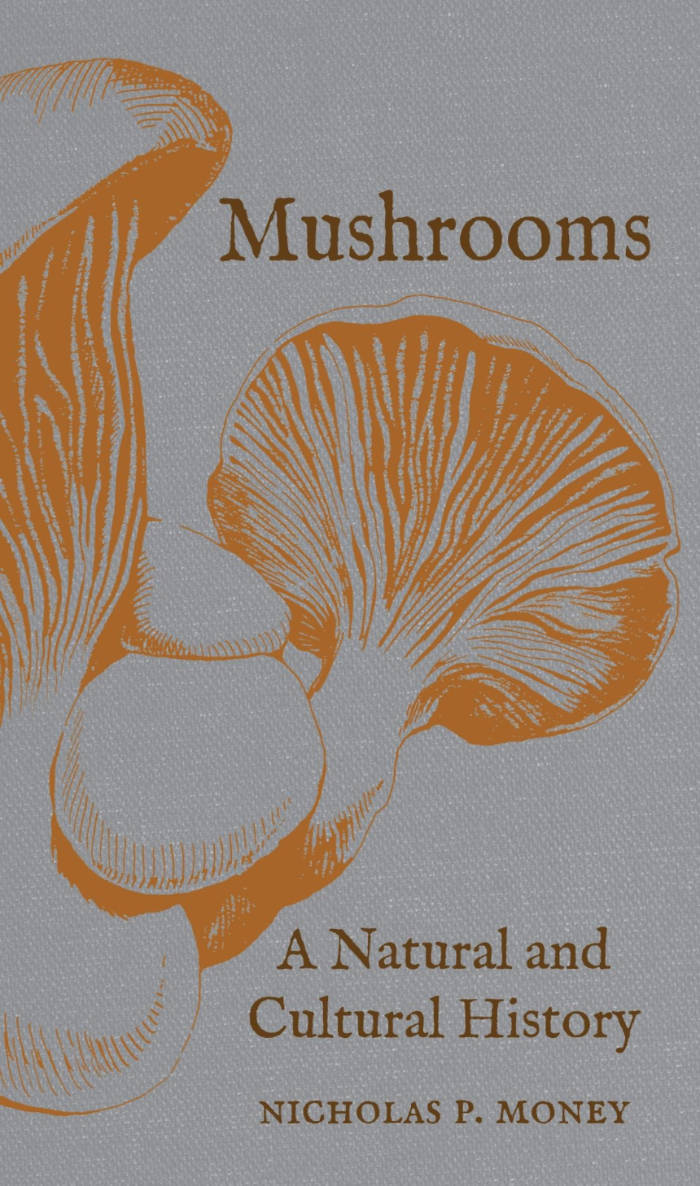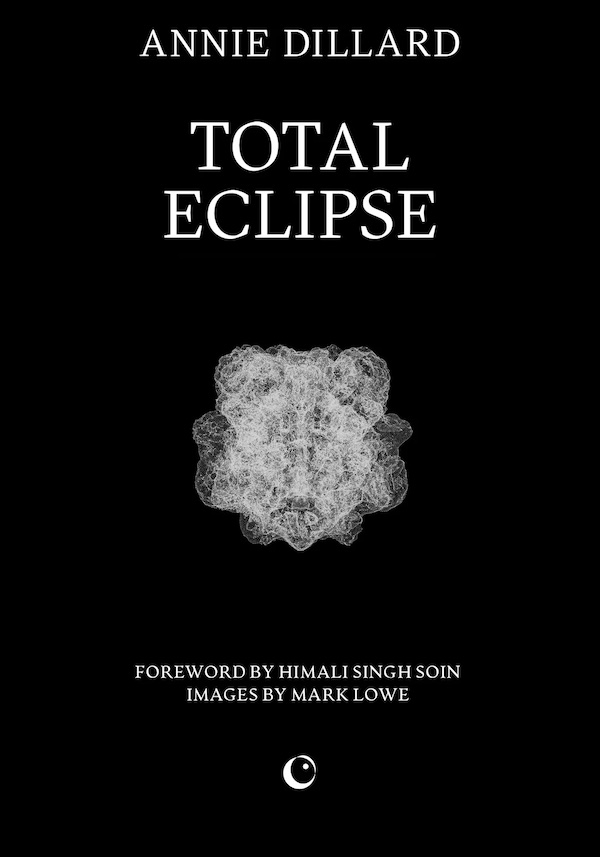
Mushrooms: A Natural and Cultural History
Mushrooms hold a peculiar place in our culture: we love them and despise them, fear them and misunderstand them. They can be downright delicious or deadly poisonous, cute as buttons, or utterly grotesque. These strange organisms hold great symbolism in our myths and legends. In this book, Nicholas P. Money tells the utterly fascinating story of mushrooms and the ways we have interacted with these fungi throughout history. Whether they have populated the landscapes of fairytales, lent splendid umami to our dishes, or steered us into deep hallucinations, mushrooms have affected humanity from the earliest beginnings of our species.
As Money explains, mushrooms are not self-contained organisms like animals and plants. Rather, they are the fruiting bodies of large—sometimes extremely large—colonies of mycelial threads that spread underground and permeate rotting vegetation. Because these colonies decompose organic matter, they are of extraordinary ecological value and have a huge effect on the health of the environment. From sustaining plant growth and spinning the carbon cycle to causing hay fever and affecting the weather, mushrooms affect just about everything we do. Money tells the stories of the eccentric pioneers of mycology, delights in culinary powerhouses like porcini and morels, and considers the value of medicinal mushrooms. This book takes us on a tour of the cultural and scientific importance of mushrooms, from the enchanted forests of folklore to the role of these fungi in sustaining life on earth.
Language: English




